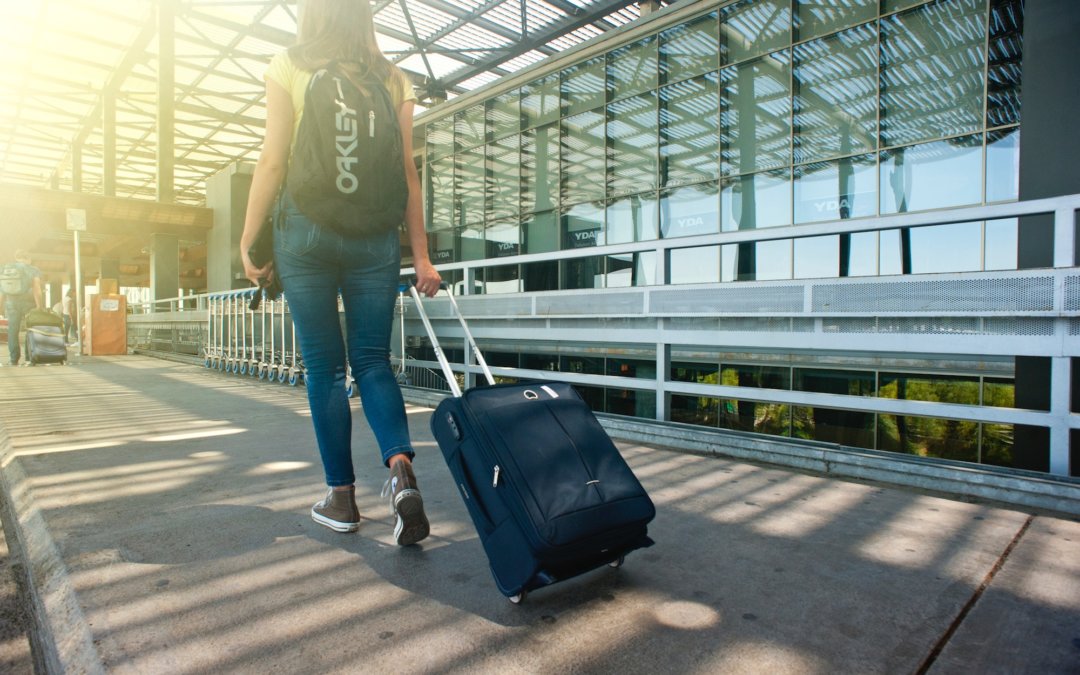Traveling solo can be an exciting adventure for someone brave enough to go it alone, but it can also be a bit intimidating for first-timers. There are a number of considerations to keep in mind when traveling without friends or family. That said, solo travel can be a personal growth opportunity, offering even more exciting prospects without adhering on the schedules and financial situations of others.
Practice with Smaller Activities
Before taking your first, solo, long trip, would-be solo travelers should start small. Dining alone is a small step to familiarize yourself with this feeling. The next, slightly larger step could be going on day or weekend trips by yourself. This helps raise the comfort zone for solo activities so that traveling across the country or abroad will not be such a daunting prospect.
Do Your Homework
Start planning each trip with some research about your desired destination. Keep the basics organized, such as the intended place to stay and how to get there. Knowing the easiest means of getting to your hotel from the airport or train station can make an intimidating trip much less of a headache.
Pack Smart
Overpacking is an easy, rookie mistake to make when getting ready for your first time traveling solo. Without backup to help deal with luggage, only the essentials should be brought. Some essentials that should be remembered are basic layering clothes and a mini first-aid kit. This should include band-aids, allergy medicine, pain relievers, stomach soothers, bug spray, anti-bacterial cream, and personal essentials in the event of any minor emergencies.
Keep Valuables Close
Investing in a hidden wallet to keep valuables close and out of sight is an essential preparatory step to solo travel. A small crossbody wallet can be worn under the shirt and can carry identification/passport, and money. This is separate from a purse or backpack so that if the larger item is stolen, a traveler still has identification, some funds and a means to get home.
Keep Someone Aware
Solo travelers should always remember to give reliable information to someone at home. This can include flight numbers, hotel names, planned activities, and the dates you are staying where. A worried mom or close friend should know a lone traveler’s location in case of an emergency. Also, leaving a copy of your passport with a family member means that the family member can email it if need be.
